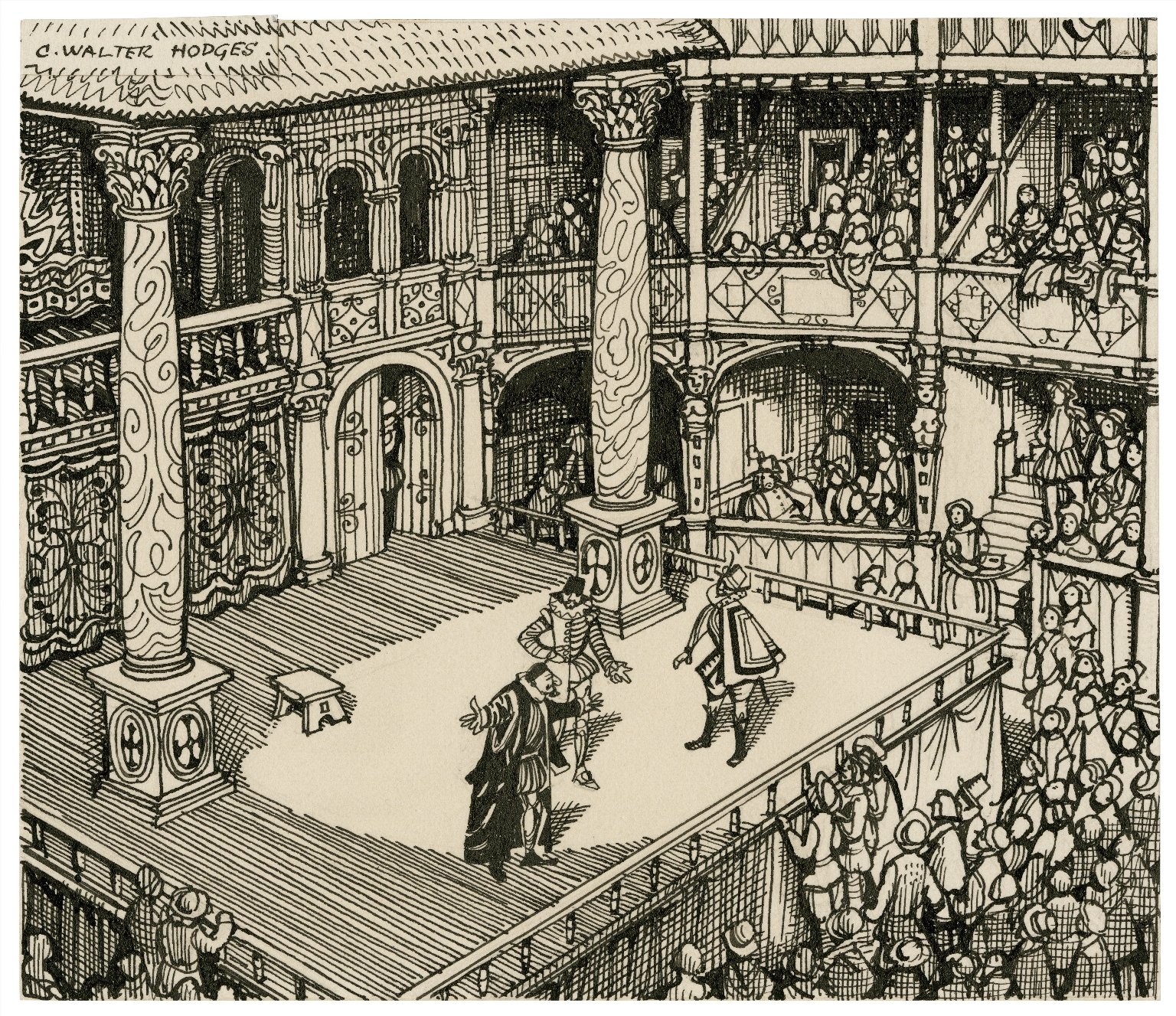By now you should be forming a picture in your mind, or at least on the page, of a particular source of disappointment in life.
You have a collection of words, images, actions and feelings, as well as a kind of architecture for describing it in both felt experience and in metaphor.
But before we can convert our rough sketch into a Shakespearean soliloquy, we need to get familiar with some of the turns of phrase that make Macbeth distinctively Shakespearean (or, rather, Elizabethan—since they were relatively conventional at the time).


